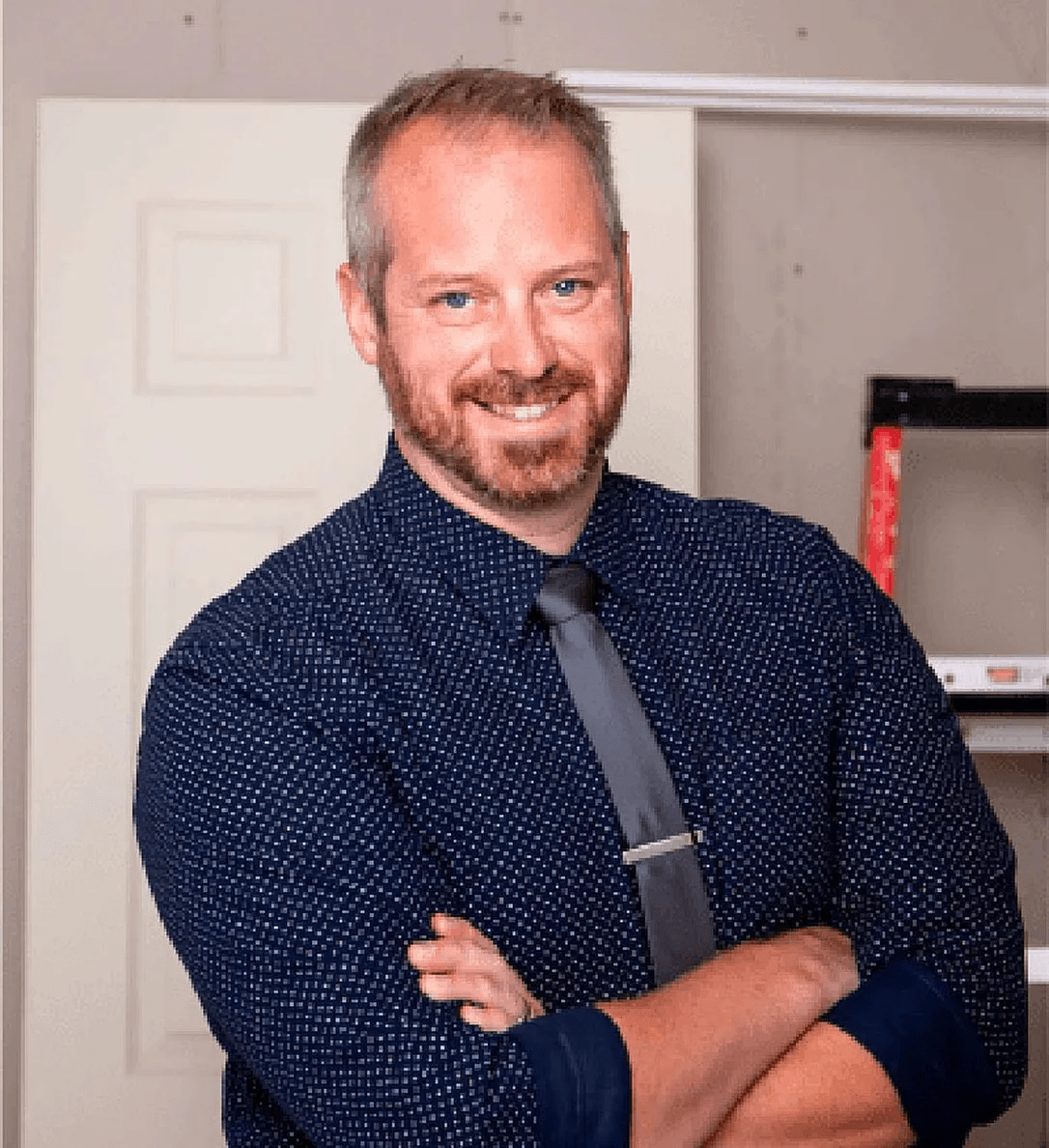
70,000 is a Big Number
Being an elected official sounds terrible to me.
The premise isn’t so bad. Committing to representing your community and their needs within government sounds ok. Leading the community forward to the best version of itself, in theory, sounds not only incredibly interesting but like deeply satisfying work.
But goodness are we as a community ever ready to pounce on our elected officials when things don’t go our way. And considering all the opinions and perspectives surrounding any issue, no decision is ever going to make everyone happy. With that in mind I do think our local cities deserve a, perhaps rare, pat on the back.
Housing has been a huge issue in our community and the cities have done something important recently. They went further than simply acknowledging the issue but put a number on what they are going to do.
I commend the cities for going beyond simply saying “we need more”. They put a number out there. It’s not some vague promise to do better or to continue to focus on housing. Collectively they committed to 70,000 homes. This is now a pass or fail. Cambridge will or will not have the 19,000 homes they committed to, Waterloo the 16,000, and Kitchener the 35,000
What cannot be lost however in all the appropriate praise around these commitments is just how massive a commitment this is. 70,000 homes are a lot of homes. It’s an even bolder commitment when you consider the fact that our cities don’t actually build houses.
Intentional or not, these commitments are bigger than just a number. These are commitments to partnership. These are commitments to collective effort. These are commitments to do things differently.
Why is it a commitment to do things differently?
In 2021 around 6,000 new units were built. That was one of the best years we’ve seen and was certainly more than the 10-year average of 4,208. For those of you who are mathematically inclined you’ll no doubt realize that 6,000 homes a year does not get us to 70,000 new homes by 2031. This isn’t just a lot of homes, it’s a lot more homes than we’ve been building.
So how can this community hit its target? How do we build more than we ever have?
Like I said, this is a commitment to do things differently. Turbulent times are times for something different. When the old way isn’t working, we are often forced to consider a new way.
We’ve gone down this road a little at Habitat for Humanity. How do we do more is a question we’ve been wrestling with for several years now. As the need became more and more pronounced, we knew we needed to do more in the community.
But how?
Well, our new Shantz Hill Towns project I think gives us some answers. We are partnered with Activa to build this project. Despite how it may seem to some, there are some amazing developers in this region who care deeply about our community. Activa is one of them.
This partnership, between a charity and business, means we will build more units faster than we ever could on our own. And doesn’t that sound like what we need to get to 70,000 homes? More units faster than ever.
The answer is that we get to 70,000 doing it together. We do it with partnerships. Unexpected partnerships, partnerships with a shared goal and visions, partnerships that let everyone do what they are best at. Lean into our collective strengths so the result is greater than the sum of the parts.
Activa isn’t in the position to do what we do at Habitat Waterloo Region. They don’t have the staffing, the history, or the experience we’ve gained over 30 plus years in this community to do affordable housing like we can. But they are an exceptional builder. Partnered, we have an exceptional builder with an exceptional affordable housing provider. Partnered, we are greater than the sum of our parts.
And let’s not forget the amazing support we’ve had from the City of Cambridge the entire way through. From the moment we said we are coming to Cambridge they’ve been on our side, because they see the need and want the housing in their city.
70,000 is a huge number of homes. It’s a commitment the cities frankly cannot achieve on their own. But the cities, partnered with not-for-profits and the private sector, that is a powerful engine for social change. That is how we get to a transformative solution. That is how we get to a solution. That is how we end a housing crisis.
Philip Mills
CEO, Habitat for Humanity Waterloo Region

Philip Mills, CEO

